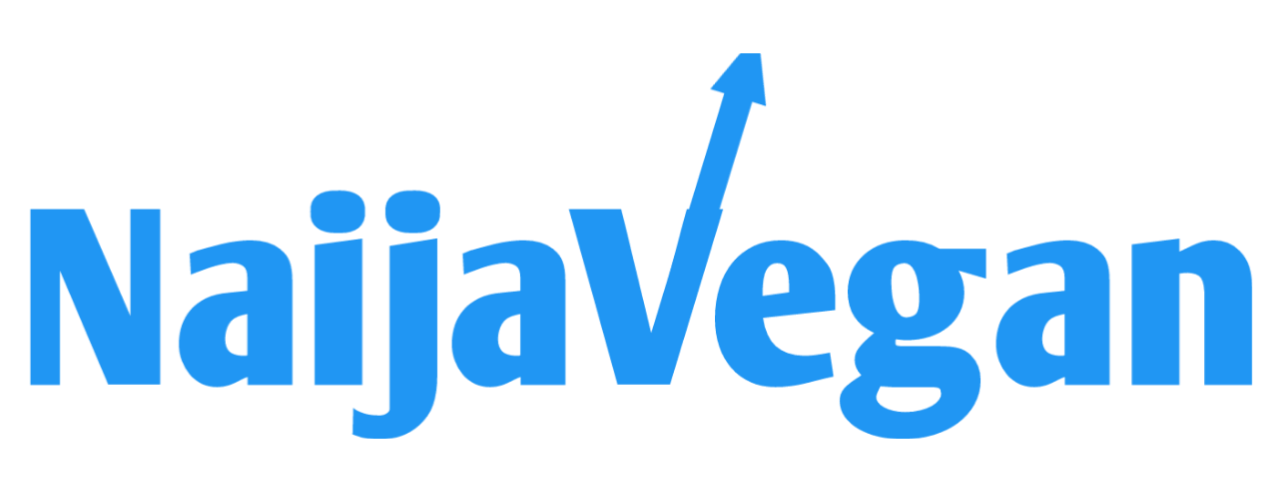COOU School Fees for All Courses (2025/2026): A Complete Guide
Are you planning to study at Chukwuemeka Odumegwu Ojukwu University (COOU), formerly known as Anambra State University (ANSU)? One of the first questions students and parents usually ask is: “How much are the school fees for COOU across all courses?”
This detailed guide explains everything you need to know about COOU school fees, whether you’re a fresher or a returning student. We’ll cover the breakdown by faculties and levels, reasons for the differences, extra charges you should be aware of, and tips to manage your finances as a student.
A Quick Look at COOU
Chukwuemeka Odumegwu Ojukwu University is a state-owned university located in Anambra State, Nigeria. It has three main campuses—Igbariam, Uli, and Awka—and offers programmes across various faculties such as:
- Arts & Humanities
- Social & Management Sciences
- Natural Sciences
- Engineering
- Law
- Medical Sciences (including Medicine & Surgery, Nursing, and Pharmacy)
- Agriculture
- Education
With its wide range of programmes, COOU attracts thousands of students every year. But before you settle on your dream course, you’ll need to understand the financial commitment involved.
Why COOU School Fees Differ
It’s important to know that not all students at COOU pay the same amount. The exact school fees you’ll pay depend on several factors:
- Type of Course: Professional courses like Medicine, Pharmacy, Law, and Engineering usually cost more than courses in Arts or Social Sciences. This is because professional programmes often require more resources, such as laboratories, specialized equipment, or accreditation costs.
- Level of Study: Freshers (100 level) typically pay higher fees than returning students. This is because first-year students pay additional charges like acceptance fees, registration fees, and sometimes faculty development levies.
- Faculty of Study: Even within the same university, fees differ from one faculty to another. For example, Medicine is usually the most expensive, followed by Pharmacy, Law, and Engineering, while Arts and Education courses are generally cheaper.
- Updates by Management: Universities occasionally review and adjust their fees. Students are advised to check regularly with the school portal to confirm the latest amounts.
COOU School Fees for Freshers (2025/2026)
Here’s a breakdown of what freshers should expect to pay. These figures are approximate but give a realistic range:
| Faculty / Course | Estimated Fees Range (₦) |
|---|---|
| Arts and Humanities | 127,000 – 130,000 |
| Education | 127,000 – 130,000 |
| Social Sciences | 135,000 – 140,000 |
| Management Sciences | 135,000 – 140,000 |
| Natural Sciences | 137,000 – 140,000 |
| Engineering | 137,000 – 145,000 |
| Agriculture | 137,000 – 140,000 |
| Law | 180,000 – 190,000 |
| Pharmacy | 200,000 – 210,000 |
| Nursing Science | 200,000 – 220,000 |
| Medicine & Surgery | 250,000 – 260,000 |
Note: These fees include tuition, registration, library charges, and other levies but usually exclude accommodation, departmental dues, and personal expenses.
COOU School Fees for Returning Students
Returning students generally pay less than freshers since acceptance and initial registration fees are one-time charges. Below is an overview:
| Faculty / Course | Estimated Fees Range (₦) |
|---|---|
| Arts and Humanities | 108,000 – 113,000 |
| Education | 108,000 – 113,000 |
| Social Sciences | 113,000 – 115,000 |
| Management Sciences | 113,000 – 115,000 |
| Natural Sciences | 113,000 – 115,000 |
| Engineering | 113,000 – 115,000 |
| Agriculture | 113,000 – 115,000 |
| Law | 113,000 – 115,000 |
| Pharmacy | 113,000 – 120,000 |
| Nursing Science | 113,000 – 120,000 |
| Medicine & Surgery | 113,000 – 120,000 |
Other Charges Students Should Know
In addition to the core school fees, students are expected to pay certain extra charges:
- Acceptance Fee: This is paid once by freshers to confirm their admission. It typically ranges between ₦25,000 and ₦30,000.
- Accommodation Fee: If you plan to stay in the university hostel, expect to pay around ₦25,000 to ₦50,000 per session depending on the hostel type.
- Departmental and Faculty Dues: Each department or faculty may require dues ranging from ₦2,000 to ₦5,000 per session.
- Change of Course Fee: Students who change courses after admission may pay additional fees, especially when switching into professional courses.
- Miscellaneous Charges: These can include ID card fees, late registration penalties, lab charges, or development levies.
How to Pay COOU School Fees
Paying your school fees at COOU is straightforward if you follow the right steps:
- Log in to the COOU Student Portal – Use your registration number and password.
- Generate Payment Invoice – Select “school fees payment” and generate an invoice.
- Make Payment – You can pay online with your debit card or print the invoice and pay at designated banks.
- Confirm Payment – Return to the portal to confirm and print your payment receipt. Always keep a copy for records.
Tips for Managing COOU Fees
Here are a few strategies to make paying school fees less stressful:
- Start saving early: Don’t wait until resumption; set aside small amounts regularly.
- Budget realistically: Include not just tuition but also accommodation, feeding, transport, and books.
- Avoid unnecessary expenses: Cut down on luxuries during the school session.
- Seek scholarships or bursaries: Look out for state or private scholarships that can help reduce costs.
- Pay on time: Late payments may attract penalties or prevent you from sitting exams.
Frequently Asked Questions (FAQs)
1. Do COOU school fees include hostel accommodation?
No. Hostel accommodation is paid separately, depending on the hostel type.
2. Why do medical and law students pay more?
Professional courses like Medicine, Pharmacy, and Law require more resources, hence the higher fees.
3. Can fees be paid in installments?
In most cases, COOU expects full payment, but sometimes the management allows installment payments. Students should confirm from the bursary department.
4. Are there hidden charges?
Not really, but you should budget for departmental dues, acceptance fee, and other levies that are not included in the tuition.

